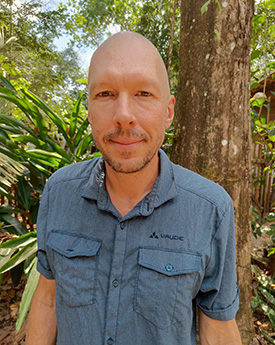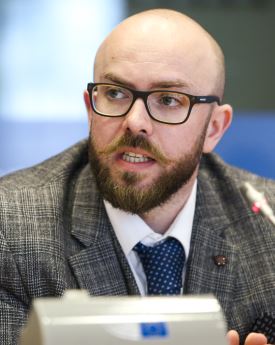Apply for a programme
Apply to a programme in one of the ESRC-approved pathways.
Please indicate in your programme application that you are applying for ESRC funding in the 'Source of Funding' section.
If you have already submitted your programme application, please contact us at pgadmissions@lancaster.ac.uk
NB: To apply for an award, candidates must have applied for a place on a programme by Monday 13 January 2025
Get offered a place
Students will normally be expected to have been offered a place on one of the programmes eligible for NWSSDTP funding before submitting their NWSSDTP Studentship Application (please see the list of eligible programmes for each pathway above). However, Studentship Applications will be accepted from students who have submitted their institutional application but have yet to receive a formal offer, providing that such an offer has been made by the time of the Studentship Allocation meeting (see NWSSDTP website). In no case will an NWSSDTP Studentship be officially awarded until the student has secured a conditional or unconditional place at their university.
Prepare ESRC Application
The North West Social Science Doctoral Training Partnership (NWSSDTP) website contains a wealth of helpful information; we encourage you to take a look. Before you begin, please do check that you meet the academic and residential eligibility criteria on page 2 of the Standard Studentship Guidance (available in both word and pdf formats). Please ensure you have completed your application by Monday 3 February 2025.During the online application process, you will be asked to submit:
Apply now
Applications should be made on the NWSSDTP application form, along with a completed equal opportunities form, two references and copies of your academic transcripts. Applicants are strongly advised to liaise with prospective supervisors when completing the studentship application form and to begin the process well ahead of the deadline.
Send your completed ESRC application form and supporting documents to fasspgrscholarships@lancaster.ac.uk putting your name and ‘ESRC Application’ in the subject of your email. You will receive a confirmation email once your application has been received. Once we have processed your application we will contact you if we require any further information from you.
Deadline: Monday 3 February 2025 (5pm).
Further information
Further information about the provision and funding offered by the NWSSDTP is available on the NWSSTDP website.















